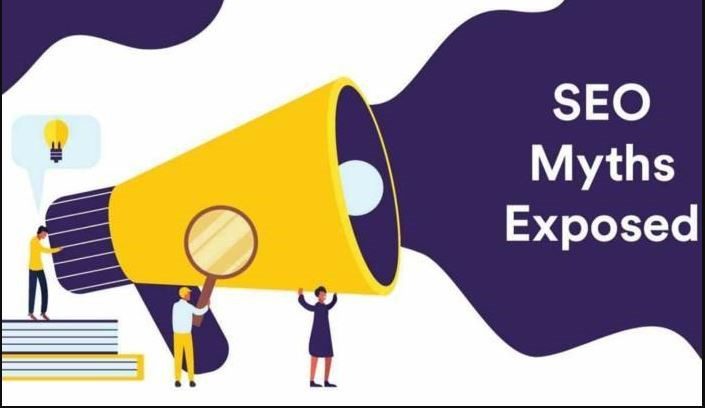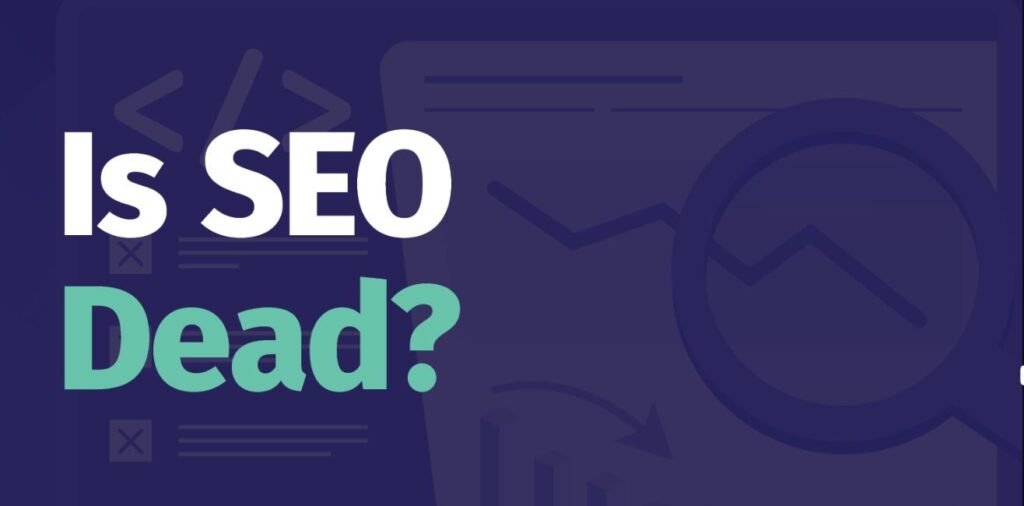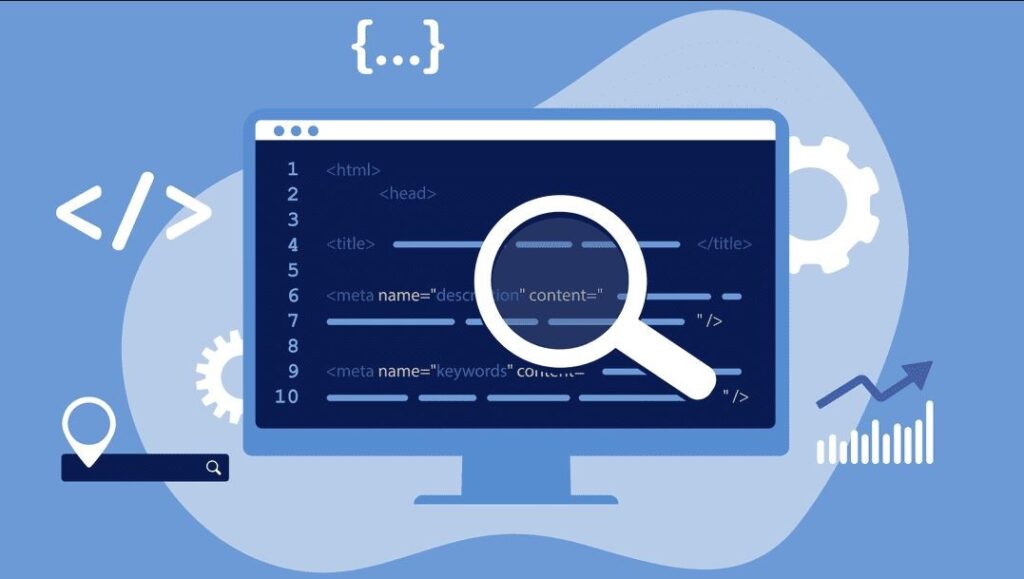Search Engine Optimization (SEO) is a critical aspect of online marketing. As such, it is essential to understand what SEO entails and the misconceptions surrounding it by Digital Arab. While SEO can be complicated, there are several common myths about it that you need to stop believing. In this article, we will discuss the top SEO misconceptions that you need to stop.

1. Introduction
Search engine optimization (SEO) is the process of optimizing a website to rank higher in search engine results pages (SERPs). While many people understand the importance of SEO, there are several misconceptions about it that can hurt your website’s ranking. In this article, we will explore the top SEO misconceptions that you need to stop believing.
2. Keyword Stuffing is Effective
Keyword stuffing is the practice of using the same keyword repeatedly in an attempt to manipulate search engine rankings. While it may have been effective in the past, search engines are now more sophisticated and can easily detect keyword stuffing. Not only can keyword stuffing hurt your website’s ranking, but it can also result in penalties from search engines.
3. More Links are Better
While having a large number of links to your website may seem like a good idea, it is not always the case. Search engines now place more emphasis on the quality of links rather than the quantity. Low-quality links can hurt your website’s ranking, while high-quality links can improve it.
4. SEO is a One-Time Task
SEO is an ongoing process that requires constant attention and optimization. Even if you achieve a high ranking, it does not mean you can stop optimizing your website. Search engines are constantly changing their algorithms, and you needs continue to rank well. SEO requires ongoing maintenance, monitoring, and optimization to ensure that your website stays competitive.
5. SEO is All About Ranking
While ranking is an essential aspect of SEO, it is not the only factor that matters. SEO also involves optimizing your website’s user experience, ensuring that it is mobile-friendly, and improving your website’s loading speed. Focusing solely on ranking can lead to neglecting other critical aspects of SEO that can impact your website’s overall performance.
6. SEO is Dead

SEO is not dead. While it is true that SEO has evolved significantly over the years, it is still an essential aspect of online marketing. Search engines are constantly improving, and SEO is necessary to keep up with these changes. As long as people use search engines to find information online, SEO will remain relevant.
7. Content is Not Important
Content is a crucial part of SEO. It is essential to have high-quality, relevant content on your website to rank well in search engine results pages. Content also plays a significant role in user engagement and can help drive traffic to your website. Ignoring content can lead to poor website performance and rankings.
8. Meta Descriptions Improve SEO
While meta descriptions can improve click-through rates, they do not directly impact SEO. Meta descriptions are a brief summary of what the web page is about, and they help users decide whether to click through to your website or not. While they are an essential aspect of on-page optimization, they do not directly impact your website’s ranking.

9. Social Media Does Not Affect SEO
Social media can indirectly impact your website’s SEO. While social media likes and shares do not directly impact your website’s ranking, they can help drive traffic to your website, which can improve your website’s performance. Social media can also help increase brand awareness, which can improve your website’s authority and credibility.

10. SEO is a One-Time Fix
SEO is an ongoing process that requires continuous effort and attention. SEO is not a one-time fix, and you cannot expect to see results overnight. SEO requires consistent monitoring and optimization to ensure that your website remains competitive and continues to rank well in search engine results pages.
11. SEO is Only for Large Businesses
SEO is not only for large businesses; it is essential for businesses of all sizes. SEO can help small businesses compete with larger businesses in search engine results pages, which can lead to increased visibility and traffic. Investing in SEO can also provide a significant return on investment for small businesses.
Conclusion
There are many SEO misconceptions that can lead to poor website performance and rankings. It is essential to understand the truth behind these misconceptions and to approach SEO with a strategic, ongoing effort. By focusing on optimizing your website for user experience, creating high-quality content, and staying up-to-date with best practices, you can improve your website’s performance and visibility in search engine results pages.
FAQs
What is the most significant factor in SEO?
The most significant factor in SEO is creating high-quality, relevant content that meets the needs of your target audience.
Can social media affect my website’s SEO?
Social media can indirectly affect your website’s SEO by driving traffic and increasing brand awareness, which can lead to more backlinks and mentions.
Is SEO a one-time fix?
No, SEO is an ongoing process that requires continuous effort and attention.
Does meta description improve SEO?
While meta descriptions can improve click-through rates, they do not directly impact your website’s ranking.
Is SEO only for large businesses?
No, SEO is essential for businesses of all sizes and can provide a significant return on investment for small businesses.


